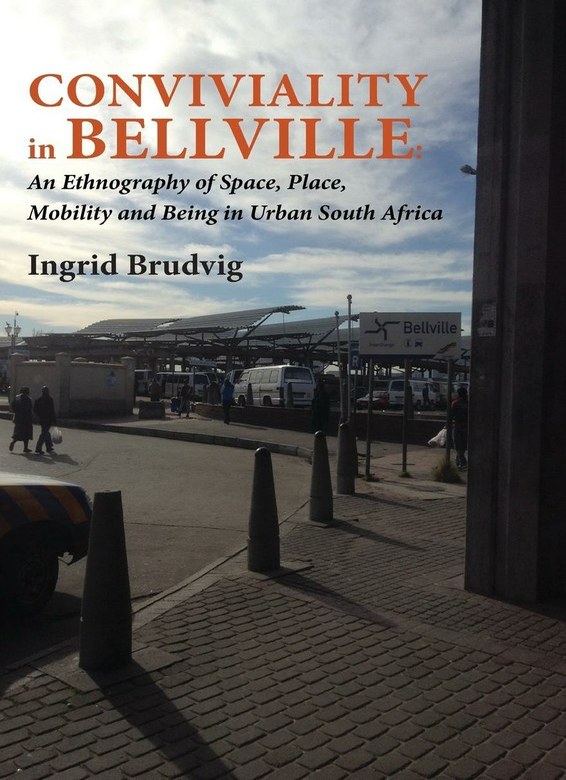written by Ingrid Brudvig
An Ethnography of Space, Place, Mobility and Being in Urban South Africa
This book provides insight into the experiences of mobility and migration in contemporary South Africa, contributing to a field of literature about multiculturalism and urban public space in globalizing cities. It takes into consideration the greater international political and local socio-economic factors that drive migration, relationships and conviviality, and how they are intertwined in the everyday narrative of “insiders” and “outsiders”. The Bellville central business district demonstrates the realities of interconnected local and global hierarchies of citizenship and belonging and how they emerge in a world of accelerated mobility. The book further demonstrates how the emergence of conviviality in everyday public life represents a critical field for contemplating contemporary notions of human rights, citizenship and belonging.
| ISBN | 9789956792504 |
| Pages | 132 |
| Dimensions | 216 x 140mm |
| Illustrations | B/W Illustrations |
| Published | 2014 |
| Publisher | Langaa RPCIG, Cameroon |
| Format | Paperback |





2 comments
“This is an impressive study that makes a subtle and sophisticated argument around the making of social space and its implications for varied forms of conviviality in Cape Town. Although deeply grounded in the specificities of Bellville, there are important lessons in this book for the emerging nature of South African society and for how we understand issues of conflict, difference and everyday life. In this regard, the way in which a history of mobility and its relationship to space is regularly evoked is a critical counter to the kind of narratives regularly evoked to justify exclusion.”
Professor Loren Landau, South African Research Chair for Mobility & the Politics of Difference, African Centre for Migration & Society, University of the Witwatersrand
“I thoroughly enjoyed reading Brudvig’s book. It’s well-organized and nicely-written, and makes a critical intervention into studies of African migrants in the anthropological literature. [….] I particularly like Brudvig’s deployment of the concept of ‘conviviality’ in characterizing Bellville residents’ form of being in the world.”
Charles Piot, Professor of Cultural Anthropology, Duke University, USA